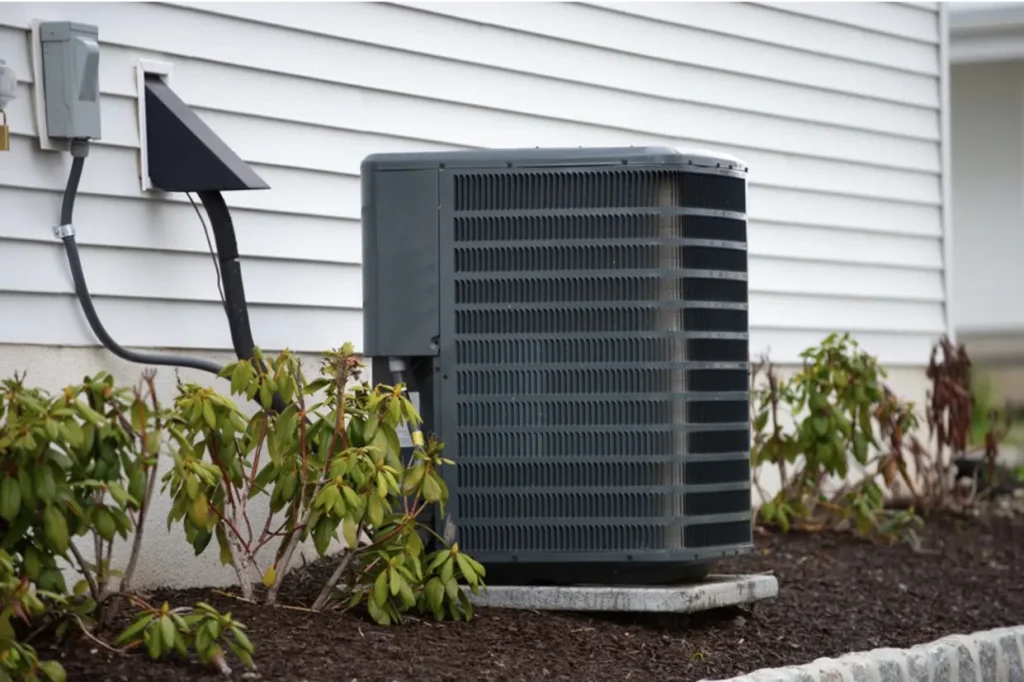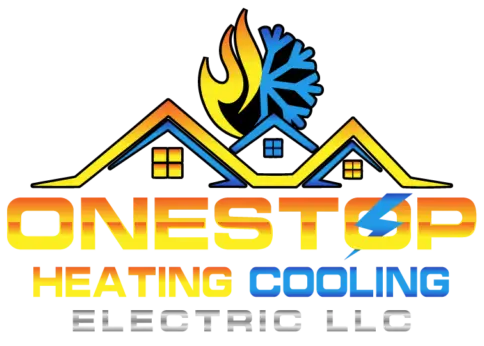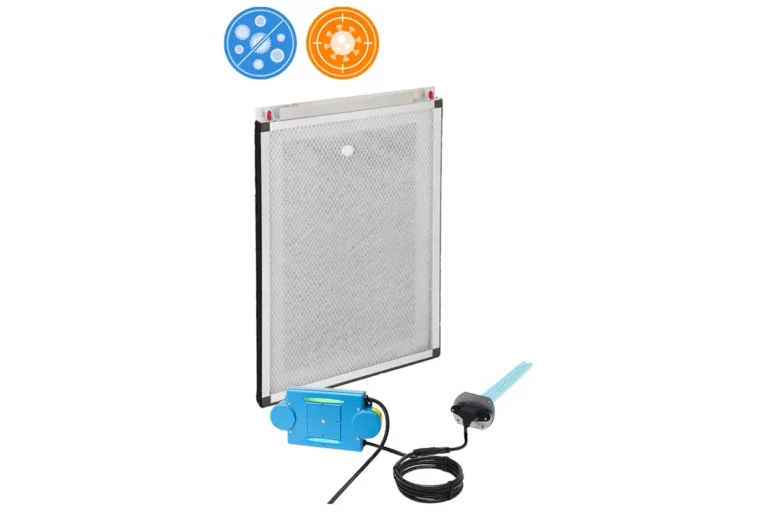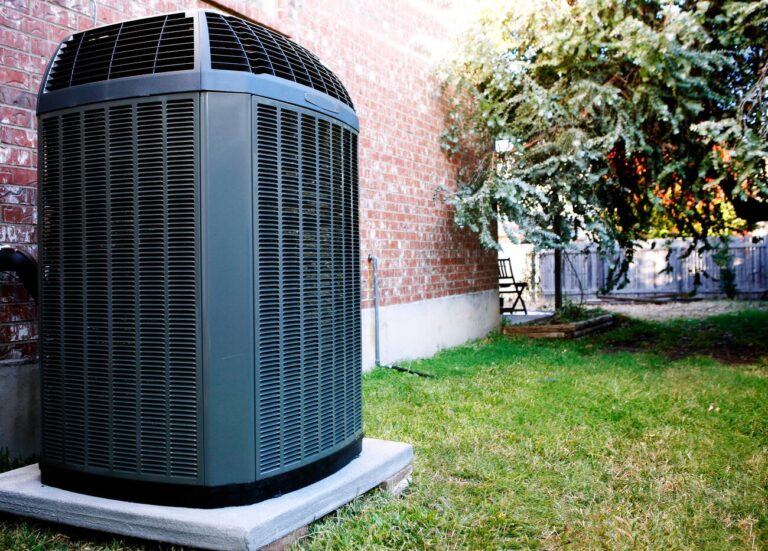Harnessing Comfort and Efficiency: A Guide to Heat Pumps for Residential Use

What are Heat Pumps?
Heat pumps are devices that can provide both heating and cooling by transferring heat between indoor and outdoor environments. This process is achieved through the use of refrigerant and a cycle of compression and expansion. In heating mode, a heat pump extracts heat from the outdoor air (even in cold temperatures) and transfers it inside the home. In cooling mode, the heat pump removes heat from indoor air and releases it outside.
Benefits of Heat Pumps for Residential Use:
- Energy Efficiency: Heat pumps can be two to three times more energy-efficient than traditional heating systems, leading to lower energy bills and reduced carbon footprint.
- Versatility: Heat pumps offer both heating and cooling capabilities in a single system, providing year-round comfort.
- Quiet Operation: Heat pumps are known for their quiet operation, making them a favorable choice for residential settings.
- Durability: With proper maintenance, heat pumps can have a long lifespan, providing reliable heating and cooling for years to come.
- Environmentally Friendly: Heat pumps produce fewer greenhouse gas emissions compared to systems that rely on burning fossil fuels.
Types of Heat Pumps:
- Air-Source Heat Pumps: These are the most common type of heat pumps for residential use, extracting heat from the outdoor air and transferring it indoors.
- Ground-Source Heat Pumps (Geothermal Heat Pumps): These systems extract heat from the ground or a water source, offering high efficiency but typically requiring more upfront investment.
- Ductless Mini-Split Heat Pumps: These systems do not require ductwork and can be a good option for homes without existing ducts.
Considerations for Residential Heat Pump Installation:
- Climate: Consider the climate of your region to determine the best type of heat pump for your home.
- Sizing: Proper sizing of the heat pump is crucial for efficient operation and optimal comfort.
- Installation: Professional installation by a certified HVAC technician is essential to ensure proper functioning and efficiency.
- Maintenance: Regular maintenance, including filter replacement and system checks, is key to maximizing the lifespan and efficiency of your heat pump.
Conclusion:
Heat pumps offer a compelling solution for residential heating and cooling needs, combining efficiency, versatility, and environmental sustainability. By understanding the benefits, types, and considerations for installation, homeowners can make informed decisions when considering a heat pump for their properties. Embracing this technology can lead to enhanced comfort, lower energy costs, and a reduced impact on the environment, making heat pumps a valuable addition to any modern home.








